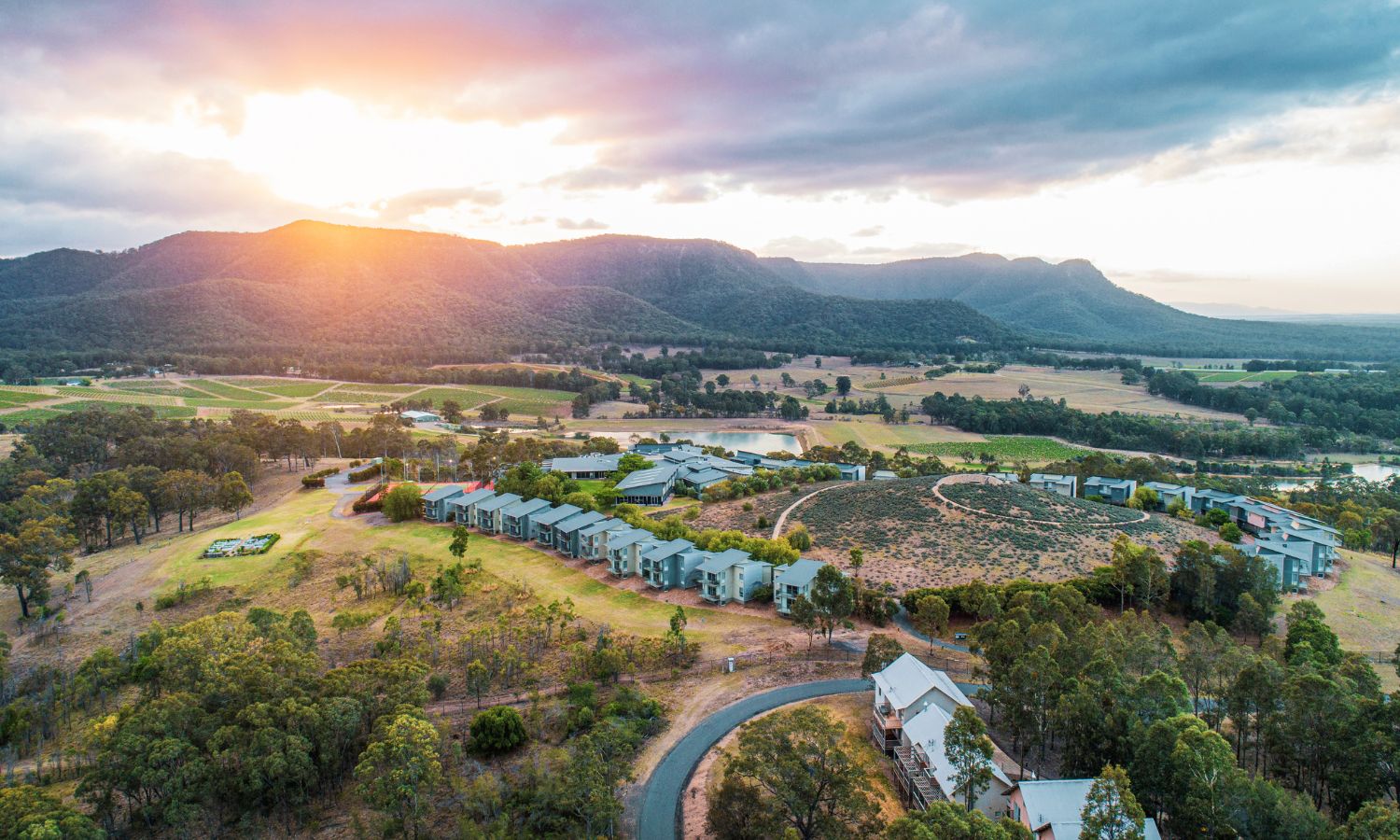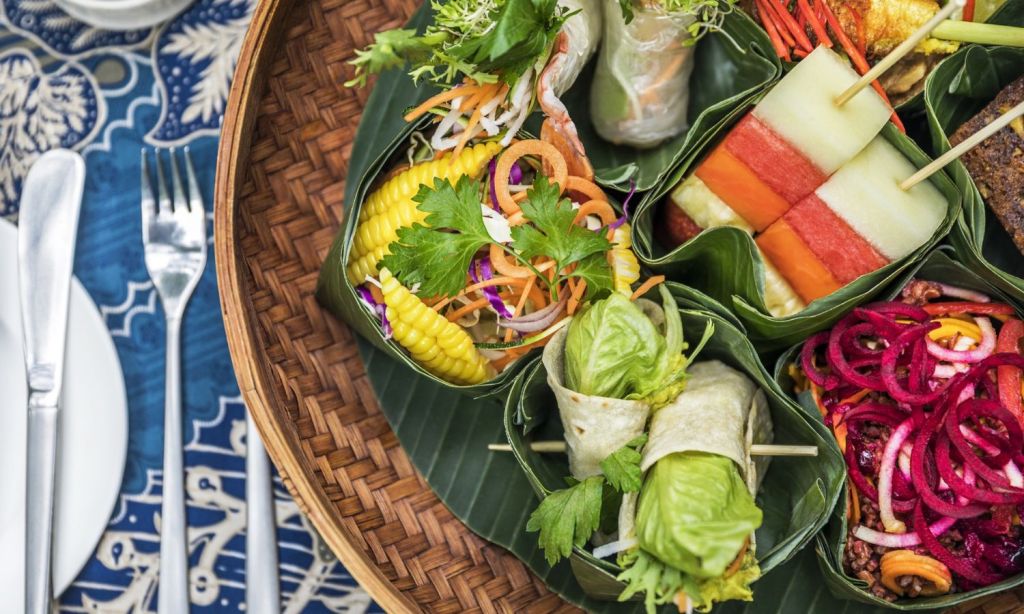‘Longevity travel’ is the term for stays with experiences that’ll make you live longer. US publication Conde Nast Traveller named it one of the biggest travel trends of 2025, as did Booking.com, calling it ‘Passport to Immortality’ and sharing that 51% of the Australian travellers it surveyed were keen to attend a longevity retreat.
The booking platform defined the stay as a “super-charged flex on traditional well-being itineraries where temporary fixes are replaced in pursuit of a longer, healthier life”. It grouped the trend within the greater theme of cultivating travel experiences that count.
“In terms of cool longevity experiences, we found that deep revitalisation is a top priority, with treatments such as body vibration (50%) and red-light therapies (47%) and even cryotherapy (34%) coming out as experiences travellers are considering,” says Todd Lacey, the platform’s regional manager of Oceania.

In Australia, some examples of longevity travel include a four-night retreat called The Longevity Project at Gwinganna in Queensland and a Biohacking for Longevity retreat at NSW’s Elysia Wellness Retreat. Further afield, all of COMO Shambhala Estate’s retreats in Bali share the ethos of fostering long-lasting health using a blend of ancient traditions and modern science.
Kimberly Rose Kneier, COMO Shambhala’s director of wellness, says longevity travel is gaining momentum because the pandemic reminded us of the value of resilience and vitality. As a result, we’re prioritising our health and well-being. There’s also a growing awareness that health isn’t just about treating symptoms but instead about proactively cultivating wellness and longevity.
“The rise of biohacking and personalised medicine has made the idea of extending our lifespan more tangible and desirable, inspiring people to seek destinations with impactful longevity practices,” says Kneier.
Reality TV shows like ‘Do You Want to Live Forever’ and ‘Limitless With Chris Hemsworth’ have also played a role in the trend booming, says Melissa Ingram, retreat manager at Elysia. And it’s easier to explore longevity activities while you’re away from home.
“When you’re learning new habits in a new environment, you can focus without the distractions of everyday life or the triggers that usually result in habitual behaviours,” says Ingram. “It gives time and space to process how something new feels and looks.”
At Elysia’s Biohacking retreat, guests undertake sessions where they learn about health factors that impact longevity, including nutrition, physical training, stress management, sleep and hydration. They’re also assessed to find out their biological age.
“We’ve been teaching people how to add one or two simple hacks to their lives to promote living well for longer for over 20 years,” says Ingram. “Each guest is given a takeaway package of information on health changes they can easily implement in their lives to improve how well and how long they live.”
Gwinganna’s Longevity Project retreat also has a take-home action plan, so guests can continue to practice what they’ve learnt. Its retreat focuses on two key factors of longevity: genetics and lifestyle choices. Speakers dive into the latest science on how to slow down the human ageing process, the difference between your chronological and biological age and how to stay healthy by exploring the genetics of aging.
“A retreat provides a focused, inspired setting where guests can dive into habits that boost vitality,” says Katyln Martin, retreat manager. “The combination of science-backed education, outdoor adventure, expert guidance and personal growth makes for a transformative experience.”
Martin sees longevity travel gaining traction, as people continue to seek more than just a getaway. They want immersive experiences that promote long-term health. Longevity retreats blend healthy food, movement and wellness education and are a great opportunity to reset and adopt practices that enhance vitality and well-being.
Kneier predicts longevity travel will become more personalised and tech-integrated. “I anticipate an increase in programs that use diagnostic tools like genetic testing or microbiome analysis to create highly tailored wellness plans,” she says.
“There’s also likely to be a greater emphasis on integrating mental, emotional and spiritual well-being into longevity programs, as people recognise that true vitality extends beyond physical health.”
Related: The Culinary Trend Driving People Out of the City
Related: Would You Dine at a Table Shared With Strangers?
Read more stories from The Latch and subscribe to our email newsletter.

